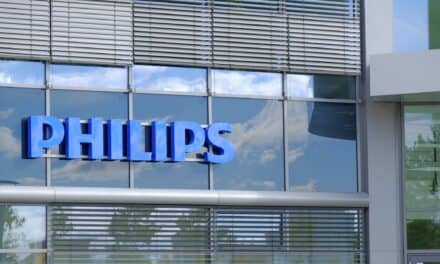Philips Respironics announced its second-quarter financial results, providing an update on the field action for specific sleep therapy and ventilator devices involved in the company’s ongoing recall.
To date, approximately 99% of the new replacement devices and repair kits required for the remediation of the registered affected devices have been produced, according to a release from the company, which notes that the majority of the produced sleep therapy devices have been provided to patients and home care providers, while the remediation of the affected ventilators is ongoing.
During the quarter, Philips Respironics completed testing and analyses for the first-generation DreamStation, System One, and DreamStation Go sleep therapy devices. The analyses indicate that the volatile organic compounds and particulate matter emissions related to foam degradation are within the applicable safety limits and are unlikely to result in appreciable harm to health in patients. Testing and analysis related to the affected ventilators is ongoing.
The previously disclosed litigation and investigation by the US Department of Justice related to the Respironics field action are ongoing, as well as the discussions on a proposed consent decree.
“Completing the Philips Respironics field action remains our highest priority. The vast majority of the sleep therapy devices are now with patients and home care providers, and we are fully focused on the remediation of the affected ventilators,” says Roy Jakobs, CEO of Royal Philips, in a release.
In June 2021, after discovering a potential health risk related to the foam in certain CPAP, BiPAP, and mechanical ventilator devices, Philips Respironics issued a voluntary recall notification in the US and a Field Safety Notice outside the US.
According to the company’s website, approximately 2,840,000 new devices and repair kits have been produced to meet the US registration demand, and approximately 2,430,000 devices have been remediated and are in the hands of US patients and durable medical equipment providers.
In April, during the company’s first-quarter earnings call, Philips Respironics reported 95% of the new replacement devices and repair kits required for the remediation had been produced.





I have been waiting 1.5 years for my replacement machine. I have Severe Hypoapnea Obstructive Sleep Apnea, so I should be in the TOP tier of machines getting replaced right? So I am certain all the other people that fall into the other two lesser categories of apnea still have not received their machines either. So Philips is lying to all of us saying they have replaced over 2 million of them. Unless they are just ignoring the most severe cases like mine, and skipping over us.
Come one Philips! Let’s get with it!!!